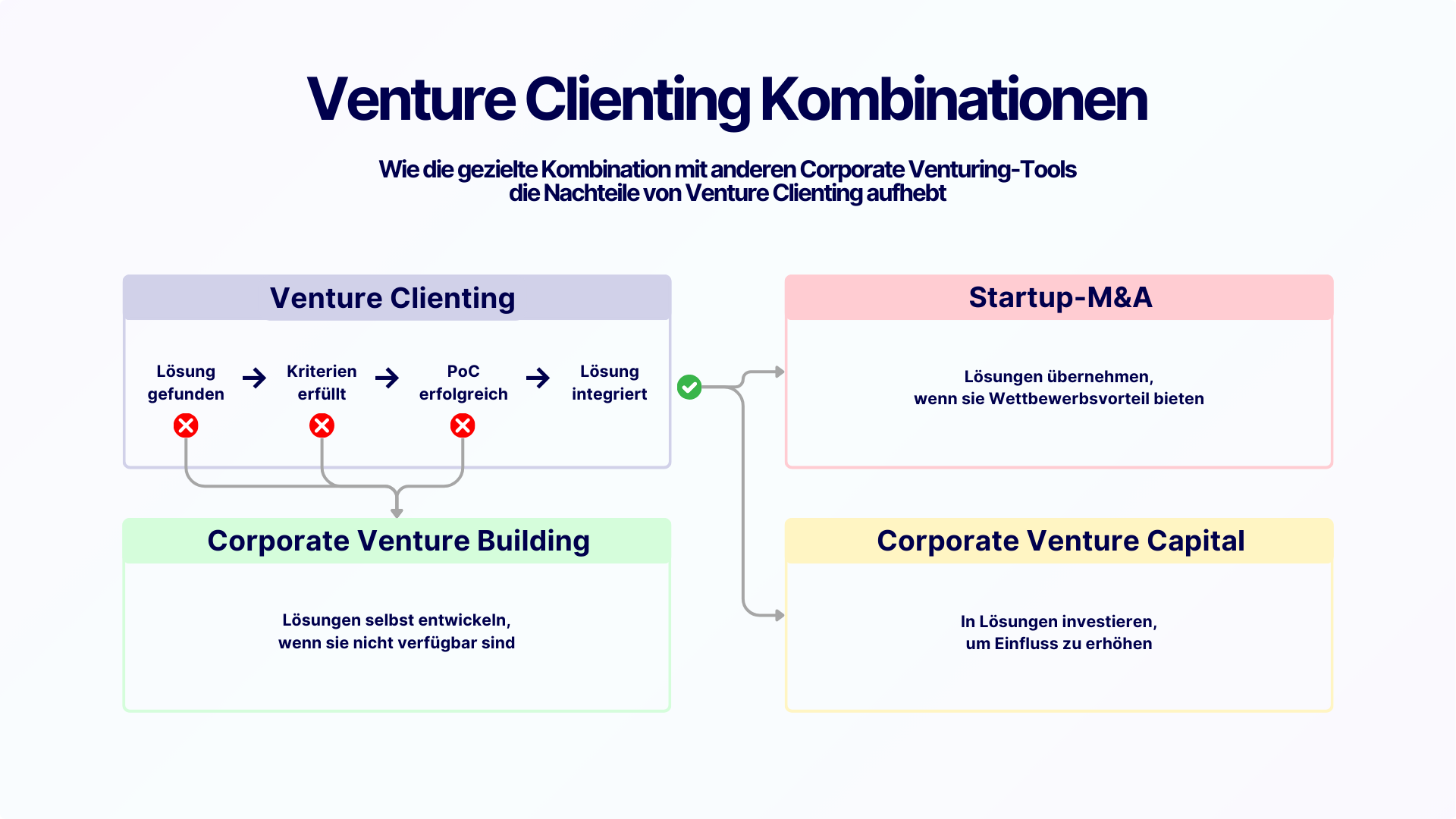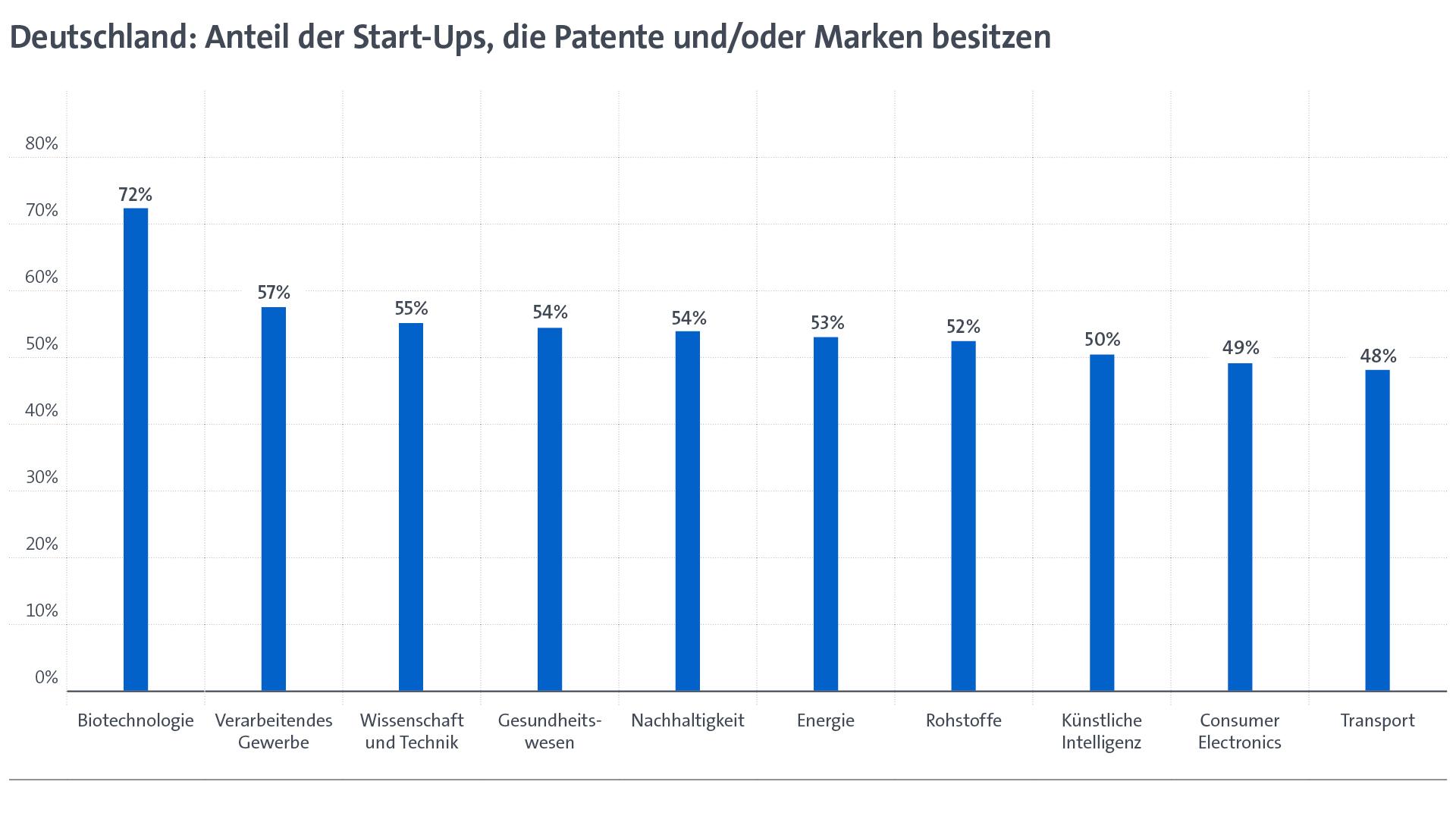No business plan yet? But hurry up now!

No matter how good the idea may be, if you don't think about the profitability of your company from the outset, you run the risk of failing early on. A few tips for a solid business plan.
Creating a detailed business plan may be a chore, but it can help a lot. Experts such as Michael Weißleder from the start-up team at the Stuttgart Region Chamber of Industry and Commerce recommend drawing up the plan before the company is founded in order to increase the chances of success. The good news for prospective founders and those who have so far had little desire to draw up a comprehensive plan: There are numerous free templates available on the internet. The bad news: not all points are equally important. An overview of the essential components.
Why you need a business plan
"Anyone who wants to set up their own business should draw up a business plan - whether for a small or large company," says Weißleder from the Stuttgart Chamber of Industry and Commerce. The first step is to compile important figures and information and to get an overview. "With a good business plan, you can see whether your idea has any chance at all," says the expert.
Even if there are several founders, a business plan is important according to Weißleder, especially to provide clarity among each other. "This ensures that everyone has the same expectations of their business idea right from the start," he explains. The business plan should therefore be in place before the company is actually founded.
In the long term, however, a business plan is also important for obtaining outside capital. "If you want to get money from a bank for your idea, for example, there's no getting around a business plan," says Weißleder. And if you want to receive public funding, you usually also have to submit a business plan.
How a business plan can be structured
A business plan should consist of a text section to describe the project and assess the market situation and a figures section to analyze the income and expenditure and the question of when external capital will be required. To begin with, it is usually sufficient to look three to five years into the future.
In addition to a summary, also known as an executive summary, the text section includes an introduction to the founders and an assessment of the risks and opportunities. "The self-introduction should also create confidence among investors," says Weißleder. At this point, founders can, for example, work out whether they already have expertise in the relevant market. This also makes their subsequent assessments more credible. This is because an initial assessment of the market environment and potential customers is also part of the process. "Many founders say that anyone could be their customer, but of course that's nonsense," warns Weißleder. The more precisely the target group is defined, the more reliable the planning will be. To gain an overview of the market, founders could look at competitors' products, for example.
The figures section should first and foremost include sales planning and therefore the question of how much money will come in year after year. Based on this, founders need to think about the costs. They can then work out how much capital they are likely to need in the coming years. This leads to the question of liquidity. "The importance of liquidity has become particularly clear in times of corona," says Weißleder from the Stuttgart Chamber of Industry and Commerce. This is because many companies currently lack readily available financial resources. Finally, a profitability forecast can be created from all these points. According to Weißleder, this is the key piece - and also one of the most important points for investors.
Founders can get help with all of these points at the Gründungswerkstatt Deutschland. There they can find experts from the chambers of industry and commerce, the chambers of trade and regional business development agencies. The Federal Ministry of Economics also provides detailed information online about the structure of a business plan.

Newsletter
Startups, stories and stats from the German startup ecosystem straight to your inbox. Subscribe with 2 clicks. Noice.
LinkedIn ConnectFYI: English edition available
Hello my friend, have you been stranded on the German edition of Startbase? At least your browser tells us, that you do not speak German - so maybe you would like to switch to the English edition instead?
FYI: Deutsche Edition verfügbar
Hallo mein Freund, du befindest dich auf der Englischen Edition der Startbase und laut deinem Browser sprichst du eigentlich auch Deutsch. Magst du die Sprache wechseln?




















